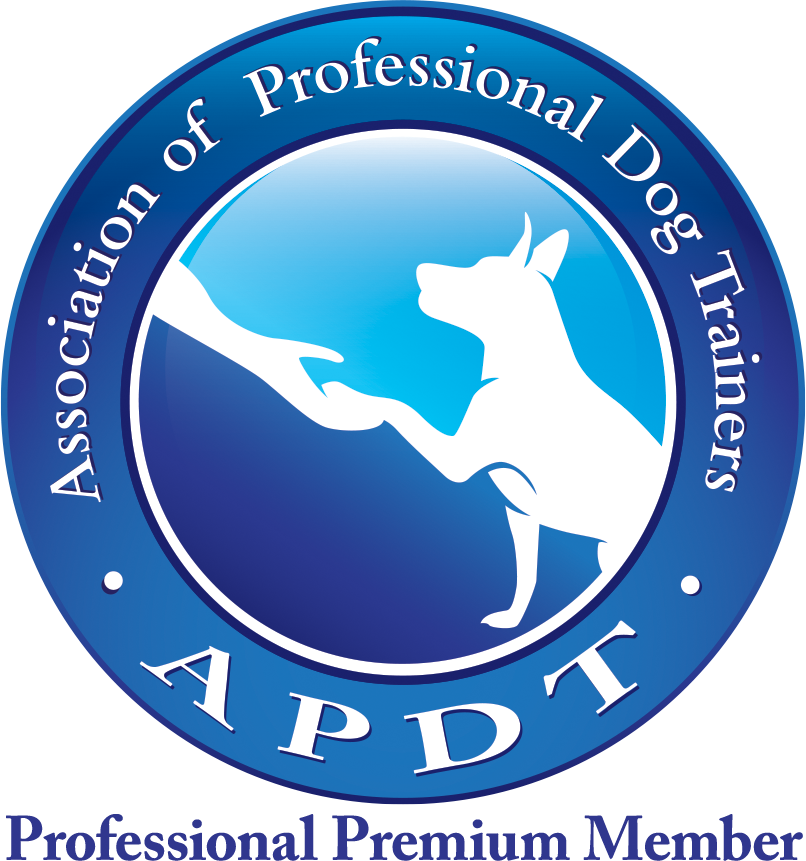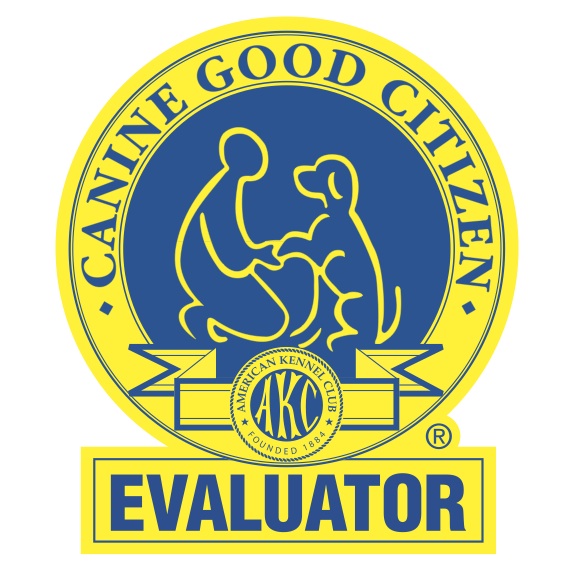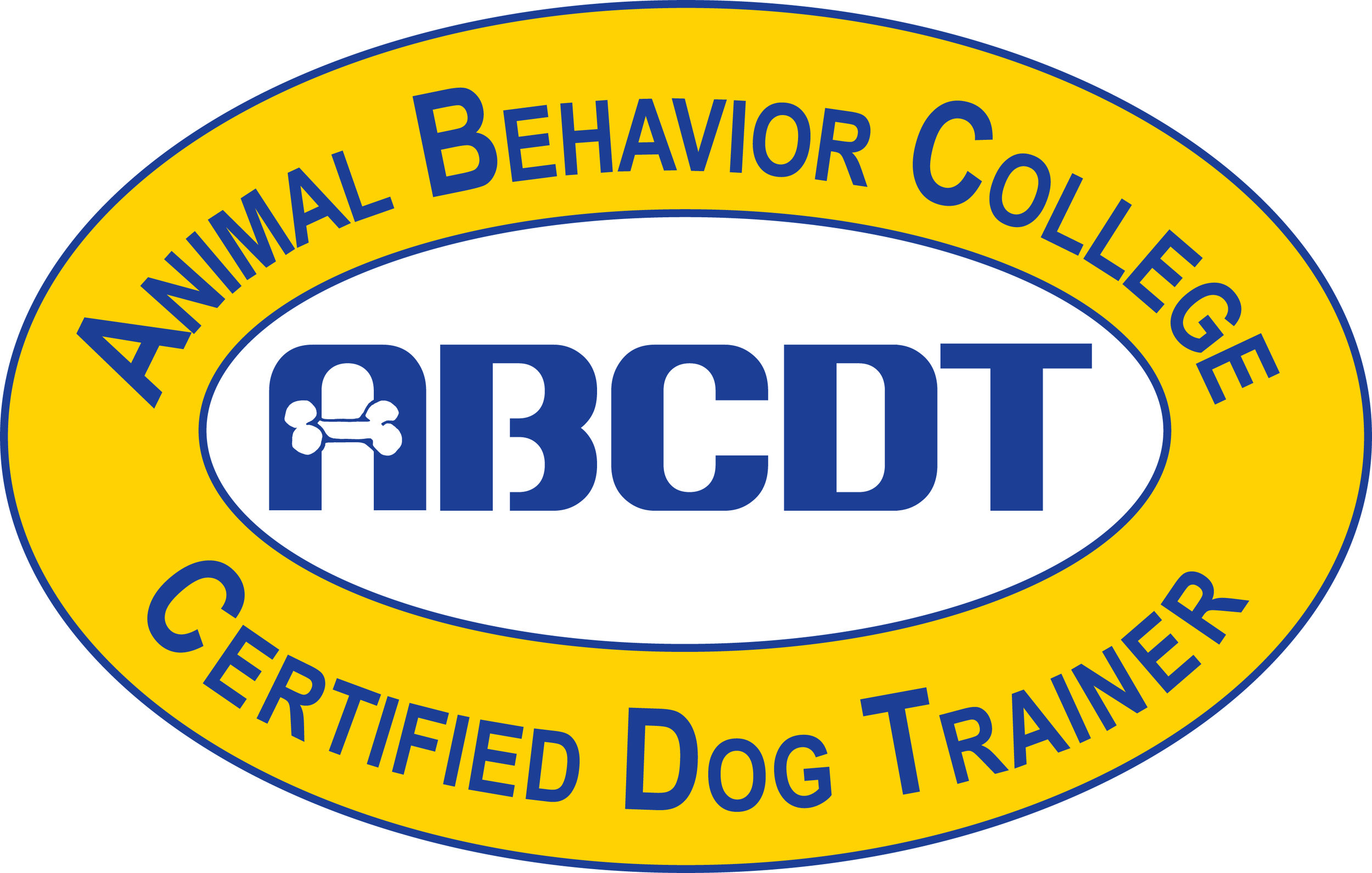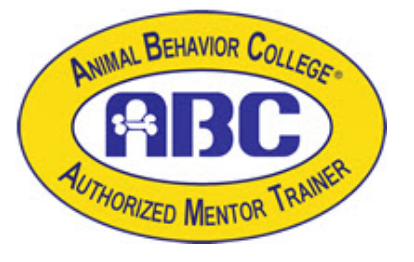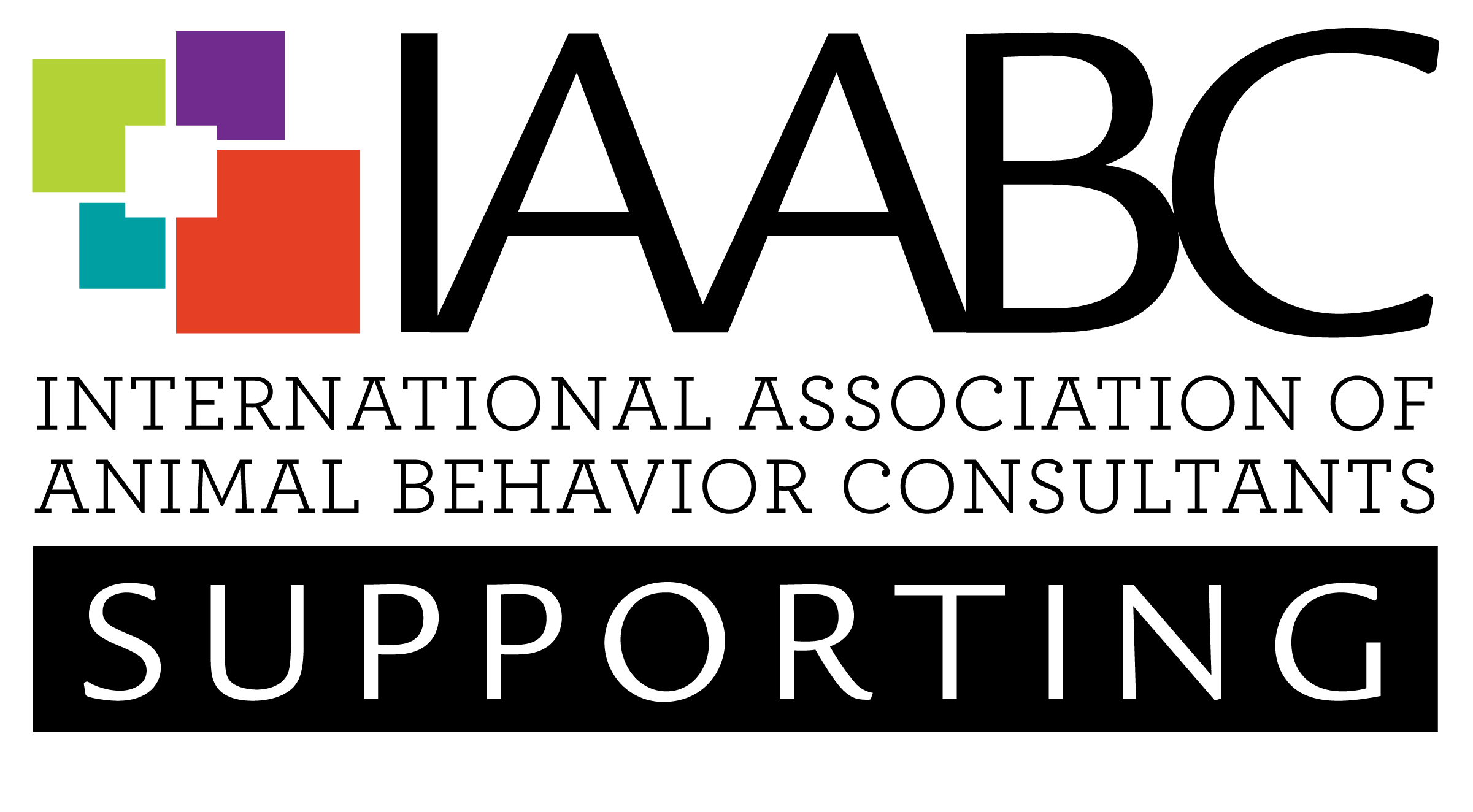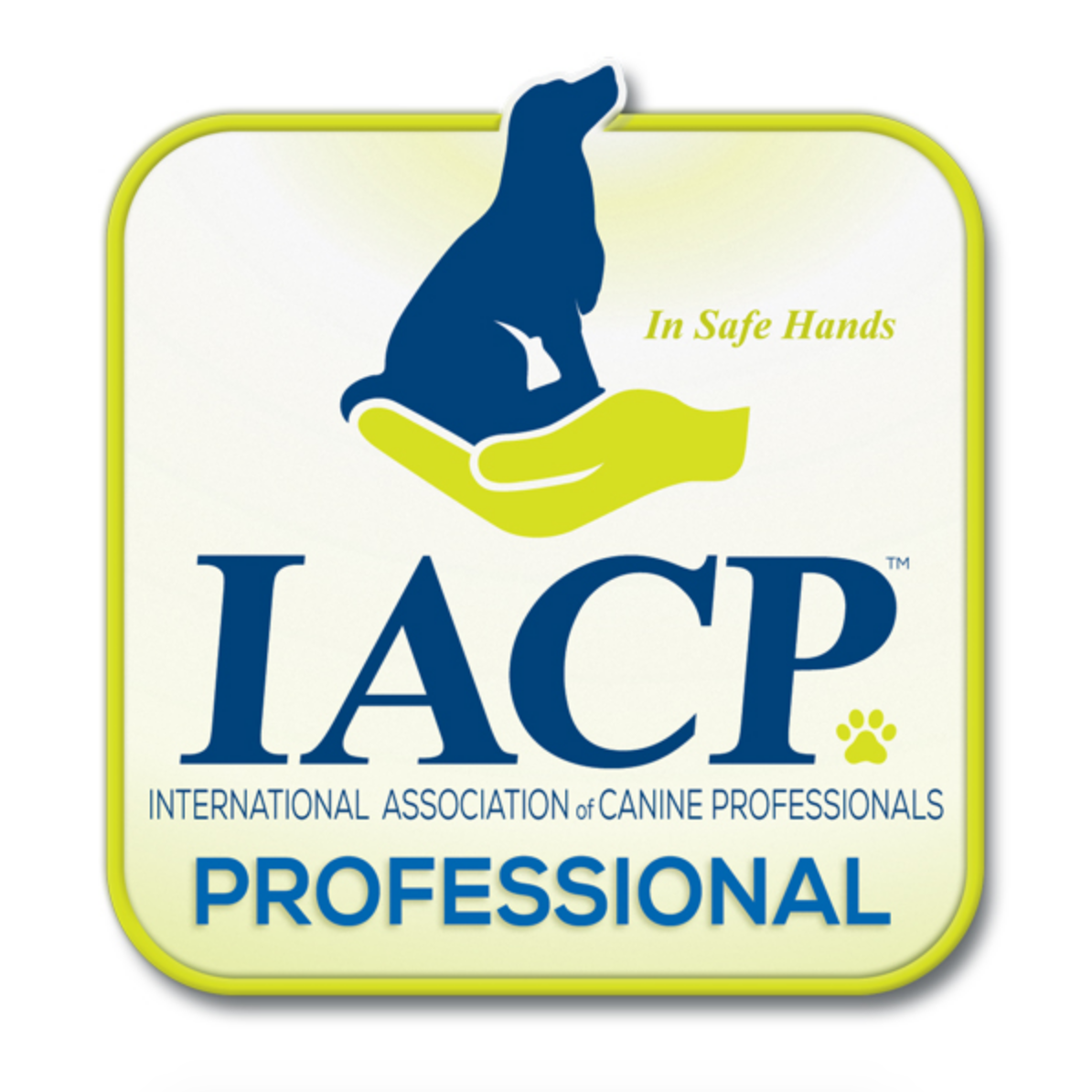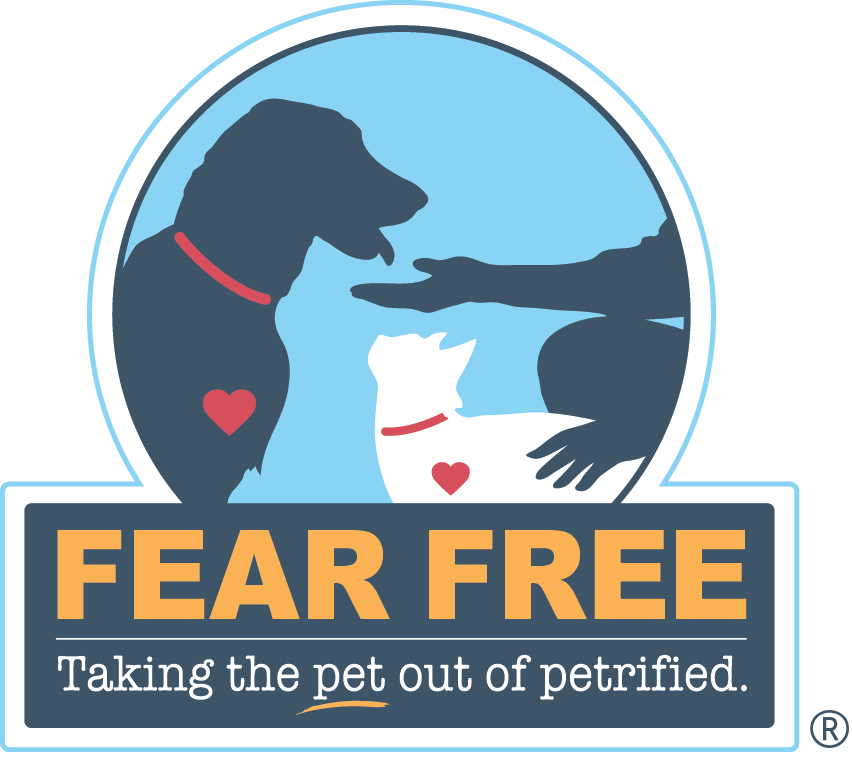The Transitional Period
/The Transitional Period
(Weeks 3 and 4)
The transitional period is considered to be from day 14 to day 21. This is an exciting time because the puppies begin to open their eyes and shortly after their ears open. The puppies begin to have a greater awareness of their environment, begin to have more control over their movements, potty training begins, and teeth may begin to emerge. It is during this phase that vocalization begins to be intentional and puppies begin to show interest in playing with their littermates.
During week 3 their living environment transforms from a whelping box to a toddler center. A potty area is added to the puppies new living quarters and we begin potty training habits through the use of either puppy pads or wood chips. We begin working on socialization and confidence exercises by spending increased time and attention one on one with the puppies and by beginning to work through a more enhanced version of Dr. Carmen Battaglia’s Rule of 7 socialization protocol. At this point the puppies have the physical ability to startle, but cannot yet feel the emotional fear response associated with startling. We use this to our advantage and begin to expose the puppies to loud noises such as cabinets closing, dropped objects, a hair dryer and vacuum, a blender, the radio, and the slight clamoring of pots and pans. One new unknown object is added to their toddler box each day for them to investigate. Items include, a larger stuffed animal, a cut up fruit piece (large enough for them not to eat), a floor fan, a chair, etc. All of these activities teach the puppies how to physically recover from startling noises and sights without needing the training component to manage their emotional state. During week 3 puppies are also offered trays of milk replacer to begin the transition to eating on their own. Soft toys are introduced to the puppies to chew on and play with. It is a busy week for them!
Week 4 (days 22 to 28,) is sometimes referred to as the Awareness Period since this is the first time that the puppies will have the use of all of their senses. This week continues to be one with new sights and sounds being introduced in order to continue to encourage the startle response and recovery action that will be critical through the puppy’s life. Although their mom is permitted to spend more time away from her puppies, during this time it is critical that she teach them submission, bite inhibition, and to settle when they get overly excited. Their toddler center grows a bit larger to accommodate the growing puppies and their need to have more room to play. During this week the addition of ground up kibble is added to their milk replacer creating a food sludge mixture. Puppies are called with a high pitched repeating “puppy, puppy, puppy” call to encourage them to associate coming to you with the joy of being fed. This is an incredibly fun week because this week they begin their advanced puppy enrichment curriculum. Enrichment items may include water bottles, crinkly and squeaker toys, slightly elevated surfaces, additional objects and textures to walk on, noisy items, elevated areas for sleep and play, shiny items, and items that roll.
The puppies are beginning to be taught problem solving skills such as climbing over small barriers to get to their food. Good manners are also beginning to be taught this week. The puppies are taught marker words, to sit when a human approaches their toddler center, and not to jump on or bite at the human’s hands, feet, or clothing when they are in the toddler center. Puppies get some time to interact and be handled by children during this time. Children are monitored while in the puppy area and are assisted with safety handling and petting of the puppies. A wire crate is introduced to their area this week. Although they will not sleep in it until week 5, it is placed in their area so that they can become comfortable with it. They have the ability to explore it, to go in and out of it, and to occasionally find treats and new objects in it. Their little brains and bodies are growing and learning with each new lesson. Our job is not to just stand by as a passive observer, but to guide them, to offer support, and to encourage them.
Other activities:
On days 16, 21, 28 puppies get a nail trim
At 4 weeks of age puppies get their 2nd deworming. Fenbendazole is used to treat giardia, roundworms, hookworms, lungworm, whipworm, and certain types of tapeworms



